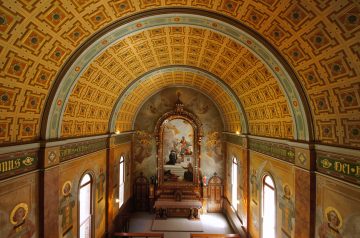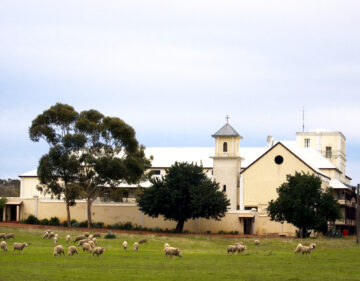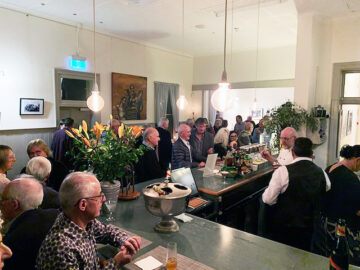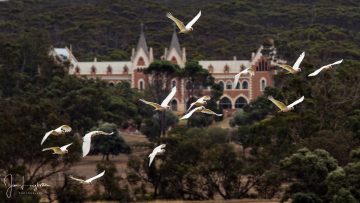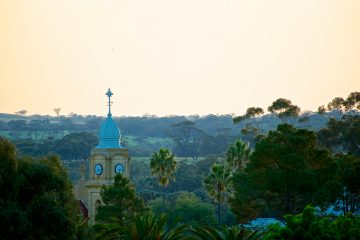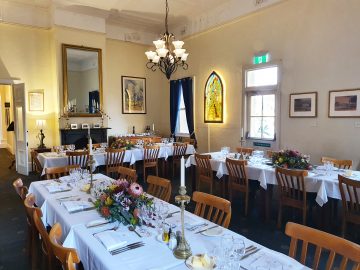Tuesday, 27th December 2022
Cultural Awareness Training Day
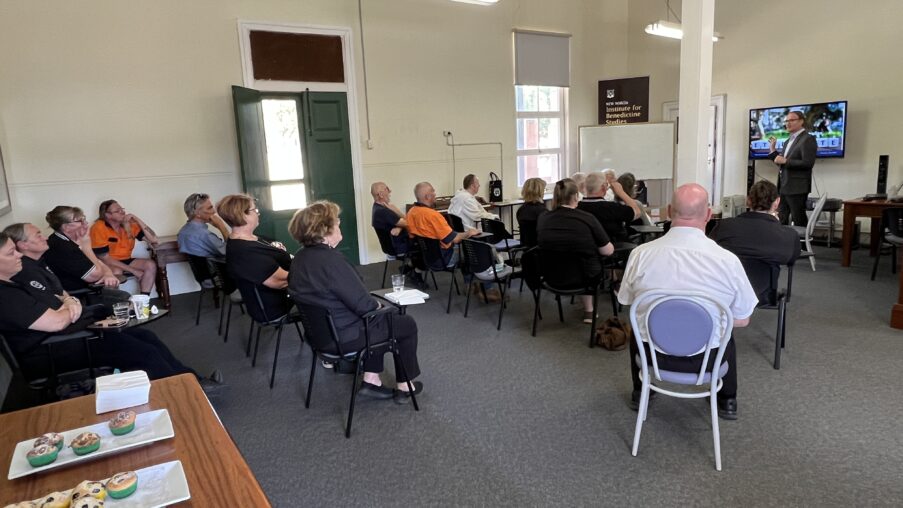
The monks and staff of New Norcia participated in a Cultural Awareness Training Day on 1 December 2022. Deacon Greg Lowe, Director of the Western Australian Catholic Migrant and Refugee Office (WACMRO), led the half-day training with the theme 'Creating Culturally Safe Communities'.
'Culture is not something we think a lot about', Deacon Lowe said. 'It’s second nature to most of us so we don’t have a clear conception of how it impacts how we think, feel and behave'. Yet understanding the way cultural norms influence our communication, within our communities and personal relationships, helps people feel safe, appreciated, and valued for what they have to offer, he said.
Culture is defined as 'the complex pattern of ideas, emotions, observable behaviour and symbols that tend to be expected, reinforced and rewarded by and within a particular group'. So for example, European Australians tend to value informality, egalitarianism, common sense, and humour; the Chinese favour modesty, interdependence, filial piety and stoicism; and people from Middle Eastern cultures appreciate honour, generosity, sincerity and tolerance.
Understanding the difference between stereotypes and generalisations, however, helps avoid fixed characterisations (that lead to xenophobia and racism) and increase our understanding that common and normal behaviours within a group of people always have exceptions, depending on the nature, personality and life experience of the individual.
Cultural fine-tuning is always about growing relationship, Deacon Lowe said, relating to people from all walks of life with awareness, sensitivity, and safety so that no one feels threatened. 'At the end of the day', he said, 'the human heart is shared and cuts across all languages and cultures'.
Starting in the 1960s, Australia has moved from a policy of assimilation to multiculturalism. Before then, immigrants (including Aboriginal people) were expected to “lose their identity” to merge with the dominant (European) culture to create a single, uniform 'white Australia culture'. The second half of the 20th century placed greater emphasis on acceptance of different cultures living in the same community. In the 21st century the official policy is moving towards not just acceptance, but allowance, meaning sub-cultures can freely and openly live how they wish within the broader community. Hence, public displays of culturally specific events are becoming more common.
New Norcia plays a key role in advocating for this shift in cultural perspective, first in respecting and reconciling with the first nations people and in recognising and appreciating the growing cultural diversity of staff, residents, and visitors.
Deacon Lowe offered these practical tips for how to grow in cultural awareness:
- Identify cultural differences in the people we encounter
- Value the positives in those traits and values
- Practise being culturally self-aware and aware of other cultures
- Celebrate different cultures and cultural differences
Cultural Atlas is a free educational website for learning about different cultures and religions.
